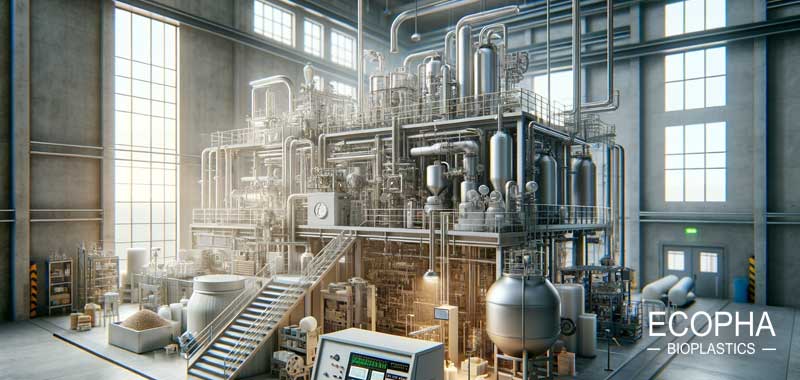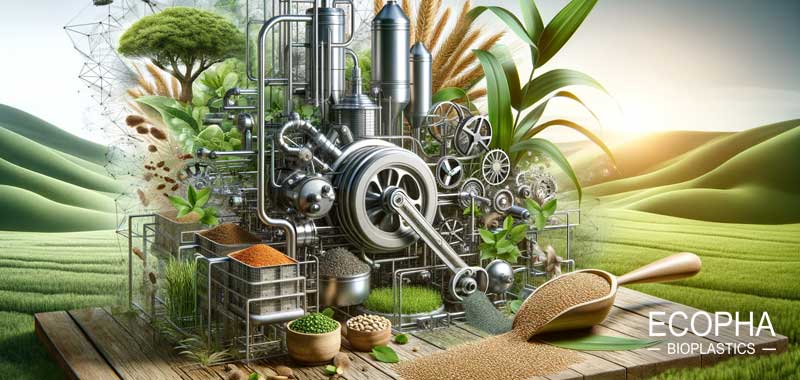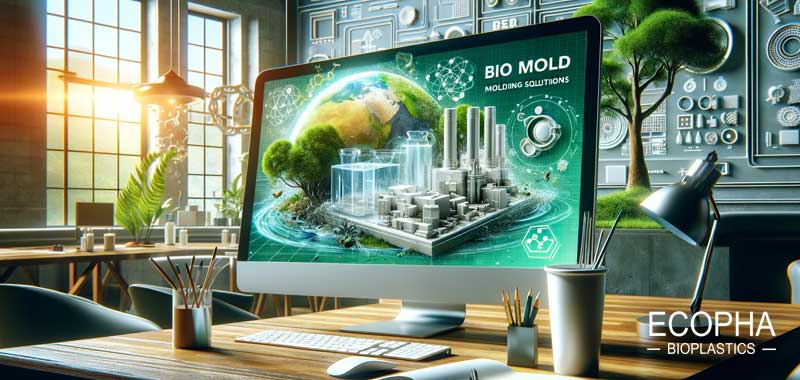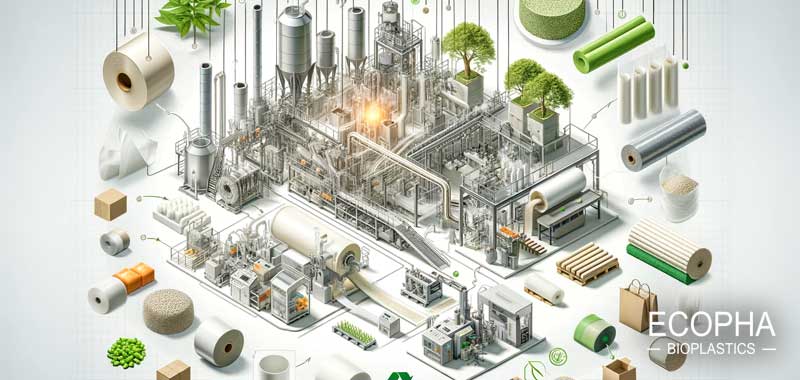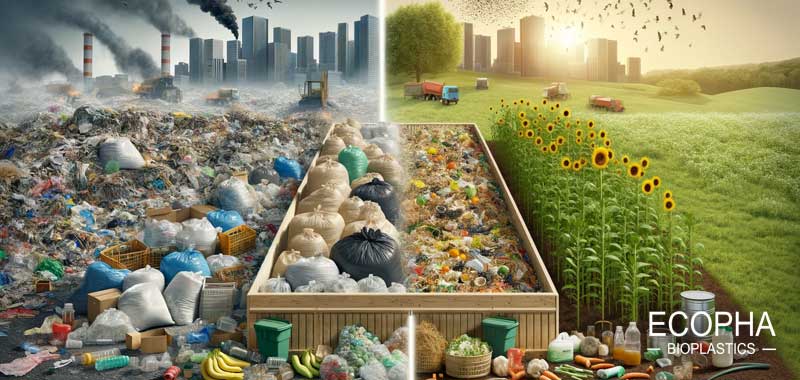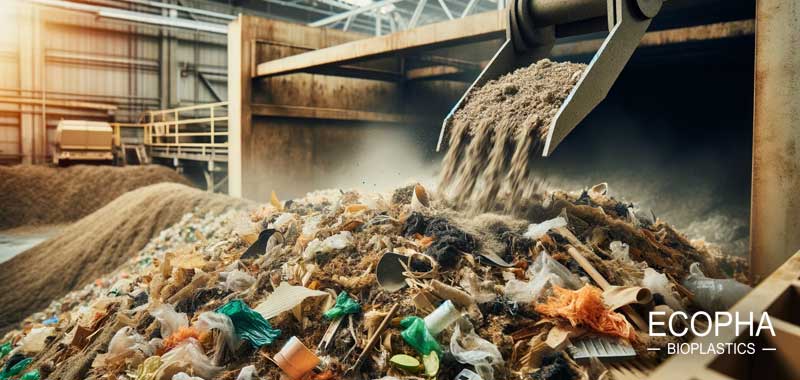The Green Revolution: Bioplastics Products Leading the Way
Discover the world of Bioplastics Products - an eco-friendly alternative to traditional plastics, offering a path to sustainability and environmental responsibility.
In the wake of escalating environmental concerns and a pressing need for sustainable solutions, the emergence of bioplastics has been a beacon of hope. As the planet grapples with the repercussions of plastic pollution and dwindling resources, Bioplastics Products introduces an innovative approach to material science that could redefine our relationship with everyday products.
Features Highlight
- Made from renewable resources
- Biodegradable and compostable options
- Diverse applications from kitchenware to industrial packaging
Overview
- Bioplastics Products are not just an alternative but a necessary step towards sustainable living.
- This blog provides an in-depth look at their environmental benefits, applications, and how they are changing the conversation around plastics.
Advantages & Benefits
- Reduces plastic pollution and greenhouse gases
- Supports circular economy principles
- Safe for food contact and reduces reliance on fossil fuels
Bioplastics represent a pivotal shift in material science, offering a sustainable solution to reduce our ecological footprint. Derived from renewable resources, bioplastics products boast a smaller carbon footprint, are often biodegradable, and present a new avenue for recycling and waste management.
This blog explores the innovative world of bioplastics, from disposable aprons to compostable packaging films, and how they are revolutionizing industries with their eco-friendly properties.
FAQs
What exactly are bioplastics?
Bioplastics are made from natural materials like corn starch, sugarcane, and cellulose, offering an eco-friendly alternative to petroleum-based plastics.
Are bioplastics biodegradable?
Yes, most bioplastics are designed to be biodegradable and compostable, decomposing naturally without harming the environment.
How do bioplastics contribute to sustainability?
Bioplastics reduce dependence on fossil fuels, lower greenhouse gas emissions, and offer better waste management options.
Can bioplastics replace all traditional plastics?
While bioplastics are versatile, there are ongoing developments to broaden their application to match the performance of traditional plastics in all areas.




